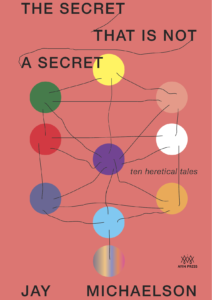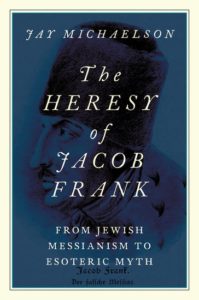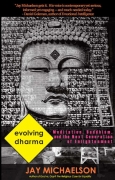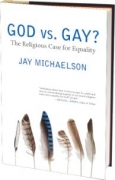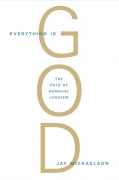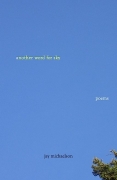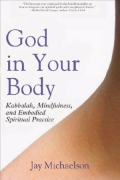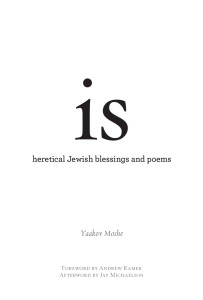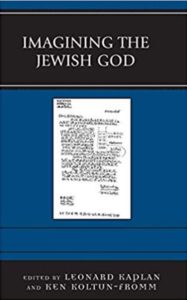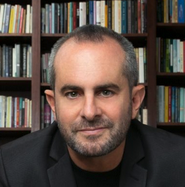Queering Jewish Theology: Beyond the Binary | Postdam University
Free
at Potsdam University
Online
More Info / Registration
Dr. Michaelson will be delivering this lecture as part of Potsdam University School of Jewish Theology’s series, “Taking Stock of Jewish Theology: Scholarship and Meaning.” The lecture is open to the public, but advance registration is required by emailing the university here.
Abstract:
Queer theological projects, like those of queer theory, frequently call into question the constructed binaries of social life, beginning with the gender binary but extending to other binaries such as us/them, insider/outsider, and permitted/forbidden. Yet such binaries have long been seen as fundamental to Jewish theology, from the Biblical and rabbinic periods through to the present day. Indeed, in the context of the 21st century rise in Jewish ethno-nationalism, as well as resurgent Christian nationalism in Western nations, binaristic conceptions of particular religious, personal, ethnic, and national identity have again become central to contemporary political disputes.
Yet perhaps the centrality of the binary to Jewish self-definition is, itself, one of many possible constructions of Jewish text, history and identity. Indeed, rather than transforming these aspects of the Jewish past, perhaps a queering of Jewish theology can proceed as an uncovering of the already-queer, already-permeable nature of these binaries, which are undermined in Jewish sacred text itself. This lecture focuses on two locations where such queerness may be uncovered as part of a search for a usable Jewish past: first, the gendering of humans and of God, and second, the repeated failure of Biblical and Kabbalistic texts to successfully maintain (despite significant effort to do so) distinctions between insider and outsider, Israel and other, even permitted and forbidden. The repeated eruptions of gender polymorphism on the one hand, and on the other, religious hybridity from the Golden Calf to the postmodern present (Israelite/Canaanite, Jewish/Christian, and a plethora of contemporary forms), suggest that queer rereadings may uncover a Jewish past more useful for contemporary ethical solidarity and self-conception than may at first appear.
